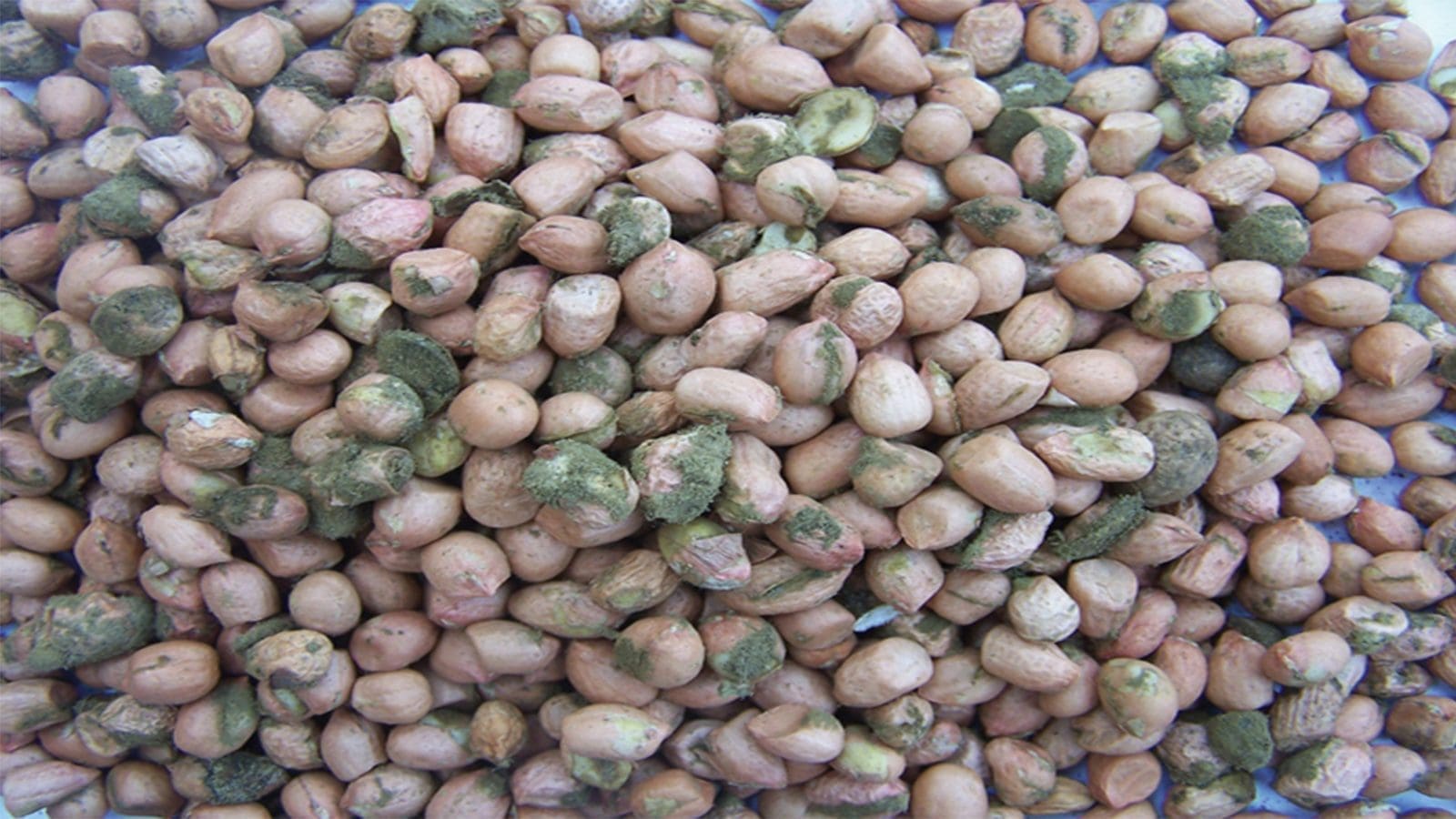NIGERIA – The Food and Agriculture Organisation (FAO) has partnered with the federal government of Nigeria in a bid to curtail the current threat posed by the deadly aflatoxins on food production, preservation and consumption.
Aflatoxins are a family of toxins produced by certain fungi that are found on agricultural crops including maize, peanuts, cottonseed, and tree nuts.
They present threats to both plants and animals including humans as large doses of aflatoxins lead to acute poisoning that could be life threatening, usually through damage to the liver.
FAO Representative in Nigeria and the Economic Community of West African States (ECOWAS), Mr. Fred Kafeero , at the “Inception Workshop on Technical Support to Aflatoxin Management and Mitigation in Nigeria”, in Abuja, said food safety remained a shared responsibility between governments, producers and consumers.
He added that everyone has a role to play from farm to table to ensure the food consumed is safe and healthy for a better tomorrow.
Represented by Assistant Representative, Programme, FAO, Dr. Abubakar Suleiman, he blamed the toxins for the rejection of Nigerian agricultural export shipments between 1980 and 2016.
According to him, about 389 export shipments were rejected by the European Union (EU) with 39 per cent of them being due to aflatoxin contaminations.
Kafeero, also said that a 2016 study had further revealed Nigeria would record 2,437 new cases of aflatoxin-induced liver cancer annually, possibly leading to annual financial loss of about US$ 997 million.
Meanwhile, he said efforts to tame the aflatoxin is projected to gulp US$ 300,000 in four pilot States, including Kaduna, Kano, Oyo and the Federal Capital Territory (FCT)adding that the intervention would last till August 2022.
“I employ all stakeholders to give their best to achieve the desired outcomes of this project such that together we can fight against aflatoxin contamination of our foods and promote a food-safe community. Therefore, ensuring food safety is a public health priority and an essential step to achieving food security,” he said.
Nigeria highly affected by aflatoxins
He noted that the project aims to contribute to Nigeria’s efforts for putting in place effective food safety and quality control systems, that are not only key in safeguarding the health and well-being of people, but also to fostering economic development and improving livelihoods by promoting access to domestic, regional and international markets.
“Aflatoxins, which are toxic and carcinogenic substances produced by certain fungi in a range of staple food and cash crops in Africa and other tropical and sub-tropical regions, constitute a global menace,” the FAO representative added.
According to Kafeero, Nigeria still stands as one of the countries highly affected by aflatoxins, since published evidence indicated contamination of staple foods like maize and groundnuts well above safe levels.
The Country-led Situation Analysis and Action Planning (C-SAAP) study commissioned by AUC-PACA in 2016 revealed that about “one-third (31per cent) of maize and as much as 51per cent of groundnut kernels intended for human consumption in Nigeria contained unsafe levels of aflatoxins that exceeded the EU regulatory limit of 4 ppb.”
In his remarks, the Permanent Secretary, Federal Ministry of Agriculture and Rural Development, Mr. Ernest Umakhihe, expressed concerns that Aflatoxins had stunted 4.4 million children under-age five across the country.
Represented by the Director, Federal Department of Agriculture, Mrs. Karima Babangida, he said one of the major factors responsible for the prevalence of malnutrition was aflatoxins in the food chain.
Umakhihe, said scientific evidences have correlated exposure of children to aflatoxins with stunting adding that about 4.4 million children under the age of five are known to be stunted.
He said aflatoxins are known to cause liver cancer and other chronic health effects as well as death and remained the most pervasive food safety challenge facing Africa today.
According to him, “Studies have shown that Aflatoxins are attributed to about a third of global liver cancer cases with 40 per cent of them occurring in Africa, making liver cancer the top cause of cancer mortality in the continent.
Liked this article? Subscribe to Food Safety Africa News, our regular email newsletters with the latest news insights from Africa and the World’s food safety, quality and compliance. SUBSCRIBE HERE








